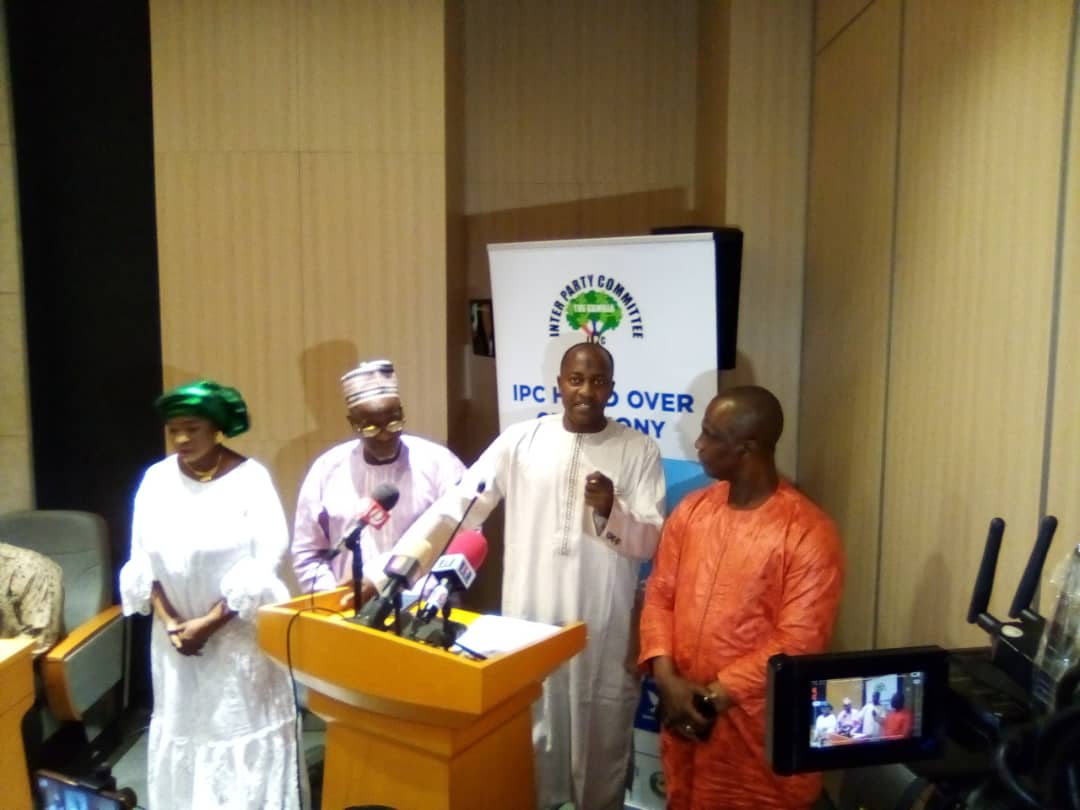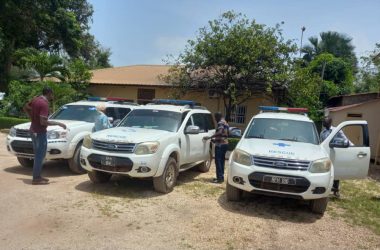
The Inter-Party Committee (IPC) co-Chairpersons have last Friday officially handed over the reins to new incumbents, paving the way for a new era.
In a speech inundated with tears, the outgoing co-Chair, Musa Amul Nyassi, took the opportunity to pay homage to Halifa Sallah for the outstanding role he played in making the IPC a reality in the county’s political spectrum.
Established in 2005, the IPC has now taken shape in Gambian politics, and continues to promote the culture of peace amid increased polarisation of the political space.
“We committed ourselves to take the leadership of the IPC,” he said while shining a light on Halifa Sallah’s strong leadership qualities, calling him “my mentor.”
“Sometimes, it is critical to know a human being. We are judgemental,” Nyassi explained. But he was quick to indicate that his interaction with the former MP for Serrekunda gave him the opportunity to know him, to develop and profit from his experience.
To many observers, Sallah and Nyassi went to the extra mile to not only foster dialogue among political parties, but also turn the IPC into a credible institution – moving the country away from perils tied to elections.
Shortly after being ‘intronised’ Samba Baldeh and Hon. Saikou Bah expressed their commitment to the IPC mandate. They vowed to assume the mantle of leadership in making The Gambian model of inter-party dialogue is strengthened.

Samba Baldeh expressed the need for the IPC to promote national reconciliation and nation building.
Thanking the outgoing co-Chairs for making great achievements, he expressed the need for the IPC to promote national reconciliation and nation building.
He then called on the 18 political parties that are members of the organization to start contributing financially to the IPC, making very clear that the IPC cannot continue to depend on UNDP, ECOWAS, UNOWAS, and NDI…





